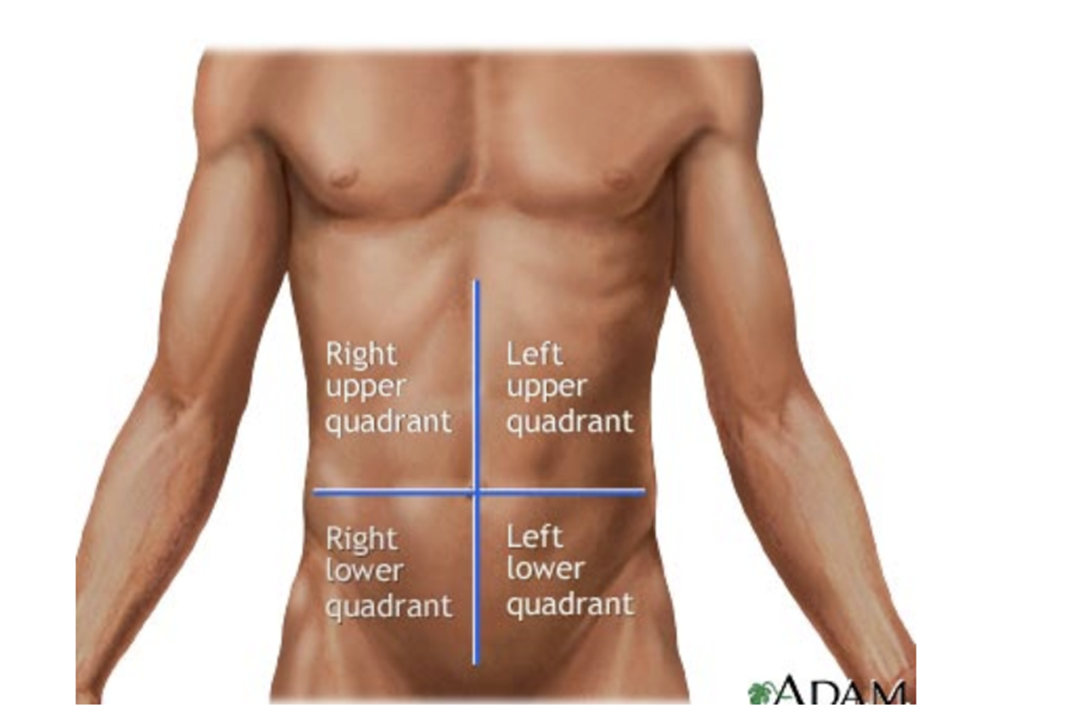A nurse is talking with a client whose thyroid stimulating hormone (TSH) level will be measured. Which of the following statements by the nurse explains the purpose of this test?
The test measures the hormone that attaches to a protein in your blood.
The test measures the hormone that feeds the thyroid gland.
The test measures the hormone that indicates the metabolic rate.
The test measures the hormone that controls energy levels.
The Correct Answer is C
Choice A reason: The statement is incorrect because TSH does not attach to a protein in the blood; it stimulates the thyroid gland to produce thyroid hormones.
Choice B reason: This choice is partially correct. TSH does stimulate the thyroid gland, but the main purpose of the test is not to measure the 'feeding' of the gland but to assess its function and how well it's producing thyroid hormones.
Choice C reason: This is the correct statement. TSH levels are measured to determine the thyroid gland's activity, which directly influences the metabolic rate. The normal range for TSH levels in adults is typically 0.4 to 4.0 milliunits per liter (mU/L). However, these values can vary slightly based on the laboratory and the age of the individual.
Choice D reason: While TSH does influence energy levels by regulating thyroid hormone production, this choice does not directly explain the purpose of measuring TSH levels.
Nursing Test Bank
Naxlex Comprehensive Predictor Exams
Related Questions
Correct Answer is C
Explanation
Choice A reason: Decreased blood pressure can be a sign of many conditions, including gastrointestinal perforation, but it is not specific and can occur in various other medical situations.
Choice B reason: Hyperactive bowel sounds are generally not associated with gastrointestinal perforation. They can occur in conditions like gastroenteritis or early bowel obstruction.
Choice C reason: Sudden abdominal pain, especially in the upper abdomen, can be a sign of gastrointestinal perforation. This pain is often severe and can be accompanied by signs of peritonitis.
Choice D reason: Tachycardia, or rapid heart rate, may occur as a compensatory mechanism in response to internal bleeding or infection, which can be secondary to gastrointestinal perforation.
Correct Answer is A
Explanation
Choice A reason: Right lower quadrant.
McBurney's point is located in the right lower quadrant of the abdomen, which is one-third of the distance from the anterior superior iliac spine to the umbilicus. This is the area where tenderness is most likely to be maximal in cases of acute appendicitis.
Choice B reason: Left lower quadrant
The left lower quadrant is not typically associated with appendicitis pain, as the appendix is located in the right lower quadrant of the abdomen.
Choice C reason: Right upper quadrant
The right upper quadrant is generally associated with other conditions such as gallbladder issues, not appendicitis.
Choice D reason: The left upper quadrant
The left upper quadrant is also not associated with appendicitis pain, as it is on the opposite side of the typical location of the appendix.

Whether you are a student looking to ace your exams or a practicing nurse seeking to enhance your expertise , our nursing education contents will empower you with the confidence and competence to make a difference in the lives of patients and become a respected leader in the healthcare field.
Visit Naxlex, invest in your future and unlock endless possibilities with our unparalleled nursing education contents today
Report Wrong Answer on the Current Question
Do you disagree with the answer? If yes, what is your expected answer? Explain.
Kindly be descriptive with the issue you are facing.
